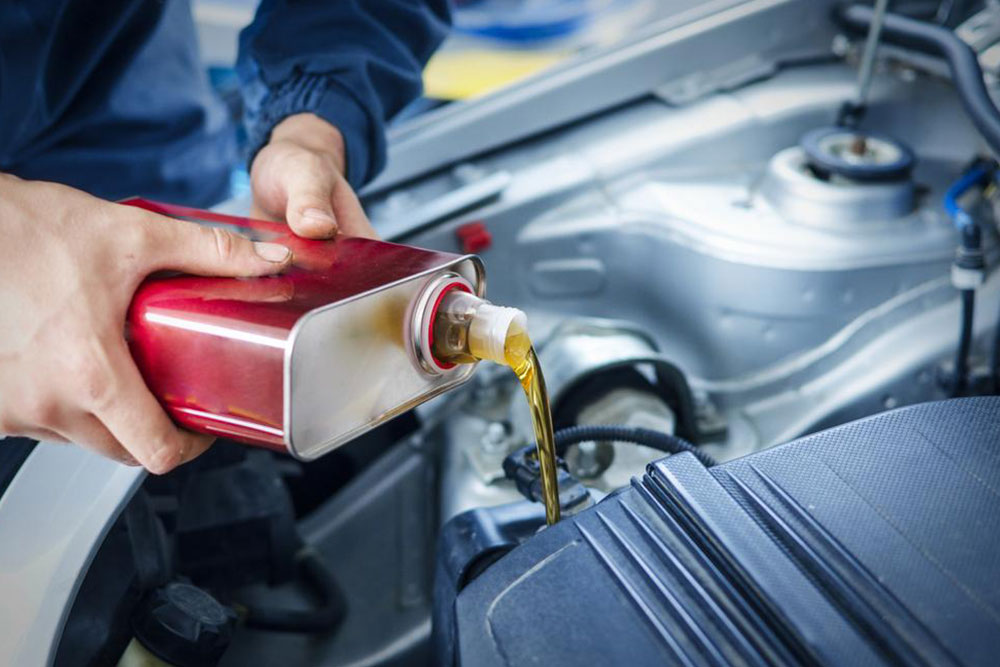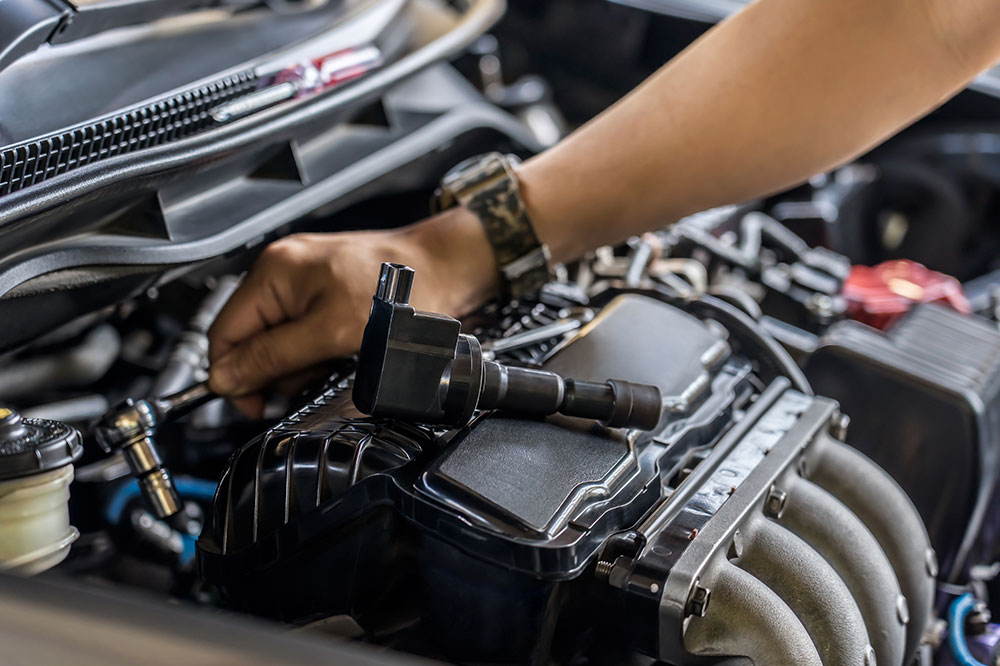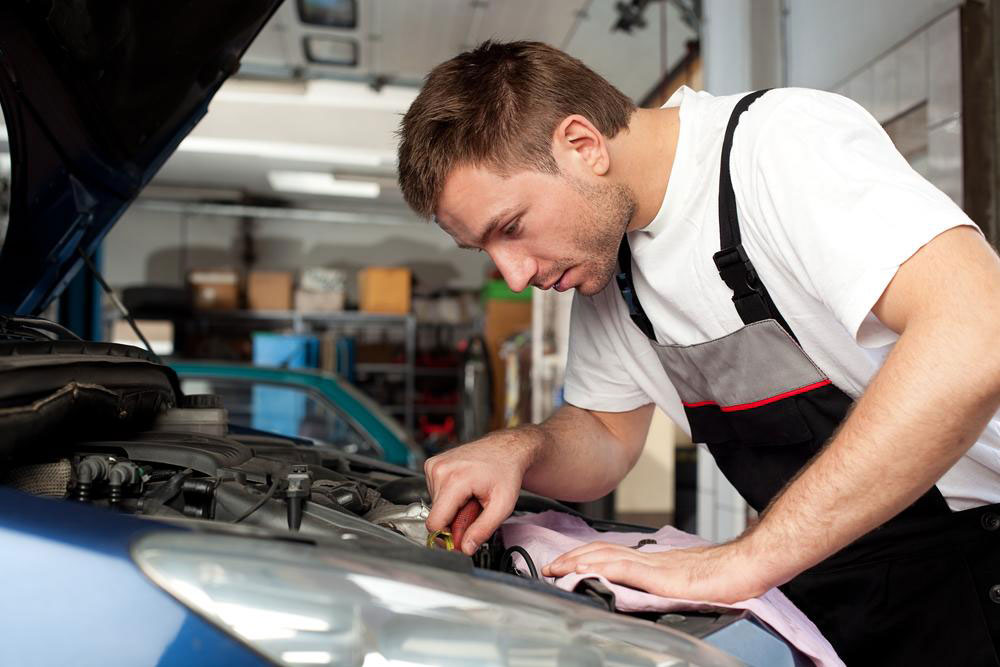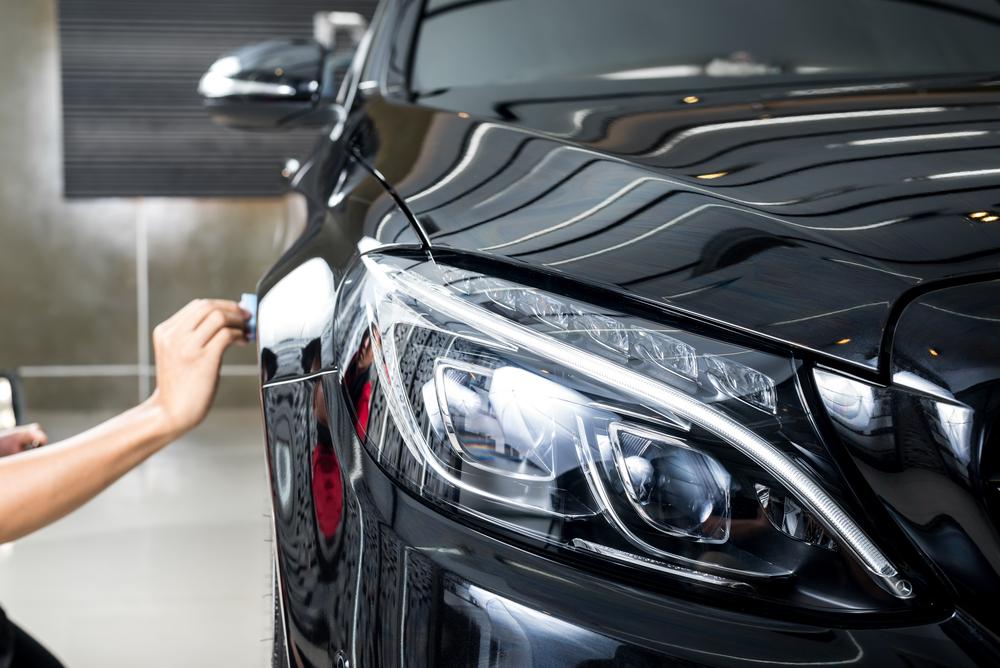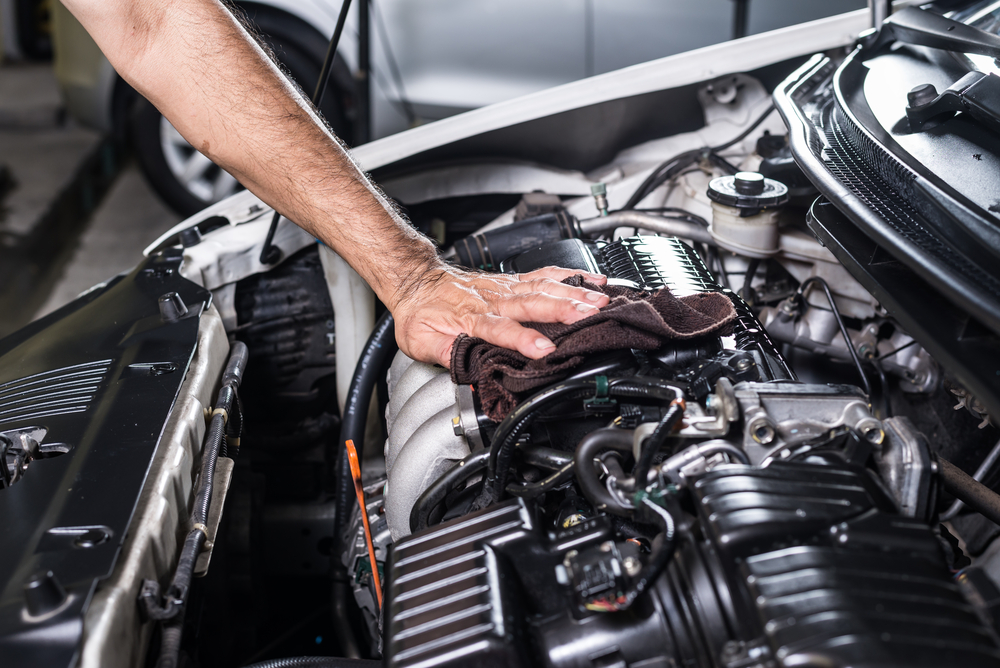Comprehensive Guide to Car Maintenance for Enhanced Longevity and Peak Performance
Learn essential car maintenance tips to enhance your vehicle’s lifespan and performance. From routine checks like oil changes, filter replacements, tire pressure monitoring, to exterior care, this comprehensive guide covers everything you need to keep your car in top condition. Proper maintenance not only ensures safety and efficiency but also preserves your vehicle’s value. Discover practical steps to prevent costly repairs and enjoy a smooth, reliable driving experience with regular upkeep routines tailored to your vehicle’s needs.
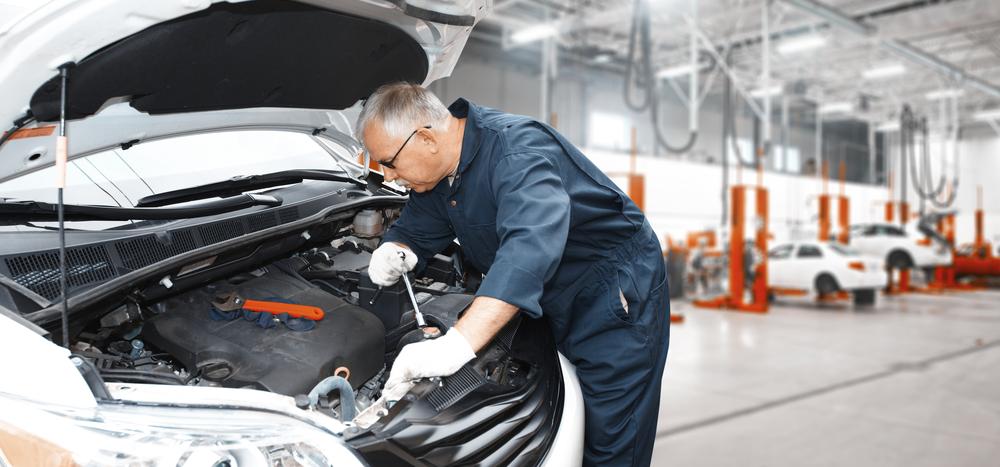
Owning a vehicle is a significant investment that requires consistent care and attention to ensure its longevity, safety, and optimal performance. Proper car maintenance is essential not only for the safety of drivers and passengers but also for preserving the vehicle’s value over time. While professional servicing at authorized centers offers expert care, vehicle owners can also perform routine maintenance checks at home to keep their cars in excellent condition. Regular maintenance routines can prevent unexpected breakdowns, reduce repair costs, and extend the overall lifespan of your vehicle. This comprehensive guide will outline vital tips and practices for maintaining your car effectively, ensuring it provides reliable service for years to come.
Understanding the Importance of Routine Maintenance
Maintaining your vehicle isn't just about fixing problems after they arise; it's about proactive care that prevents issues from developing. Routine maintenance includes scheduled inspections, replacing worn parts, and keeping the vehicle clean and functional. Regular maintenance helps identify minor issues early on, which can prevent costly repairs later. Additionally, well-maintained vehicles tend to operate more efficiently, consuming less fuel and producing fewer emissions. For most drivers, understanding and adhering to the manufacturer's recommended maintenance schedule is crucial. This schedule typically includes oil changes, filter replacements, tire rotations, brake inspections, and fluid top-ups.
Follow the Manufacturer’s Maintenance Schedule
Every vehicle comes with a maintenance schedule specified in the owner’s manual. This schedule provides guidelines for key service intervals based on mileage and time. Following these recommendations is critical to ensure your car runs smoothly and remains safe on the road. Common scheduled maintenance tasks include oil and filter changes, spark plug replacements, transmission fluid checks, coolant flushes, and brake inspections. Adhering to these intervals minimizes the risk of breakdowns and prolongs the vehicle’s life. Keep a service record to track all maintenance activities and schedule routine checkups accordingly.
Essential Maintenance Tasks for Vehicle Longevity
1. Regular Oil Changes
Oil lubricates engine components and prevents wear and tear. Over time, oil degrades and loses its effectiveness, leading to increased engine friction and potential damage. Regular oil changes, generally every 3,000 to 5,000 miles or as specified by the manufacturer, are vital for engine health. Use high-quality oil suited to your vehicle’s specifications for optimal performance. Neglecting oil changes can lead to engine sludge buildup, reduced efficiency, and costly repairs.
2. Replacing Air and Cabin Filters
Air filters prevent dirt and debris from entering the engine, while cabin filters keep the air inside the vehicle clean. Over time, filters become clogged, reducing airflow and decreasing fuel efficiency. Regular replacement ensures your engine breathes properly and the cabin remains comfortable. Typically, filters should be changed every 15,000 to 30,000 miles or during routine service appointments.
3. Monitoring and Maintaining Tire Pressure
Proper tire pressure is essential for vehicle safety, fuel efficiency, and tire longevity. Under-inflated tires can cause poor handling and uneven wear, while over-inflated tires may reduce traction and comfort. Check tire pressure monthly and before long trips, using a reliable tire gauge. Keep tires inflated to the manufacturer’s recommended pressure, often found on a sticker inside the driver’s door.
4. Brake System Inspection
Brakes are a critical safety component, and regular inspections can prevent accidents. Signs of brake issues include squeaking noises, reduced responsiveness, or vibrations when braking. Have your brake pads, rotors, and fluid checked at least once every 10,000 miles. Replacing worn brake pads and maintaining brake fluid levels enhances stopping power and safety.
5. Checking and Maintaining Fluid Levels
Accessible fluids such as coolant, transmission fluid, brake fluid, and power steering fluid should be checked regularly. Maintaining proper fluid levels prevents overheating, transmission issues, and brake failure. Flush and replace fluids as recommended by the manufacturer, typically every 30,000 to 60,000 miles.
Exterior and Interior Care
Keeping your vehicle clean extends its lifespan and preserves resale value. Regular washing removes dirt, salt, and contaminants that can cause rust and corrosion. Applying wax protects the paint and maintains the vehicle’s appearance. Inside the car, vacuuming and cleaning the upholstery reduces wear and prevents odors. Protecting the interior surfaces from UV damage prolongs their appearance and functionality.
Additional Tips for Optimal Vehicle Maintenance
Maintain proper wheel alignment and balancing to ensure even tire wear and better handling.
Inspect and replace windshield wipers to maintain clear visibility during adverse weather conditions.
Ensure your headlights, taillights, and indicators are functional to stay compliant and safe on the road.
Listen to your vehicle; unusual noises or changes in performance can indicate underlying problems needing professional attention.
Schedule regular professional inspections, even if your vehicle appears to run fine, to catch potential issues early.
Benefits of Consistent Car Maintenance
Regular care yields numerous benefits, including improved safety, enhanced driving experience, better fuel economy, and reduced maintenance costs. Well-maintained vehicles tend to have higher resale values because prospective buyers value reliability and condition. Additionally, proactive maintenance helps identify minor issues before they escalate into major repairs, saving you money in the long run. By maintaining a routine schedule and addressing problems promptly, drivers can enjoy peace of mind knowing their vehicle is dependable and safe.
Final Thoughts
Proper vehicle maintenance is a business of ongoing commitment and attention to detail. Adhering to factory-recommended schedules, performing routine checks, and seeking professional assistance when needed, all contribute to a vehicle’s durability and performance. Investing time and resources into regular upkeep not only enhances your driving safety but also ensures your car remains a reliable companion on the road for many years. Remember, a well-maintained vehicle is more economical, safer, and more enjoyable to drive.
